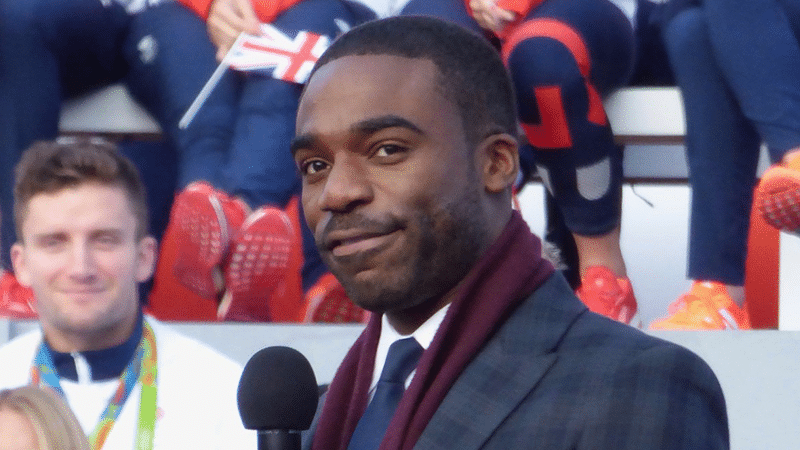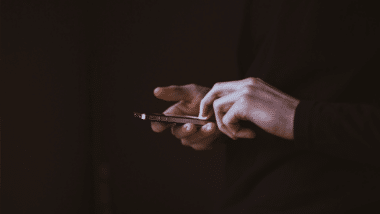A celebrity winner of Strictly Come Dancing has spoken candidly about his struggle with porn addiction.
Speaking to the podcast We Need To Talk, TV presenter Ore Oduba believes he is now free of the addiction that had “dogged” him and was “destroying” his life for nearly 30 years.
In August, a report published by the office of the Children’s Commissioner for England (CCo) found that exposure to online pornography has been on the rise and that children have been increasingly likely to stumble across it by accident.
‘Epidemic’
Oduba explained that he was only nine-years-old when his “intrigue” with pornography set in, after he was introduced to it by a friend’s older brother.
He described how he became “a master masker” at hiding the problem. He added: “It’s so shameful, we can’t talk about it, because there is a perceived nature to it that is everything that we hate, everything that we despise.”
The father-of-two fears we are witnessing “an epidemic of problems for our young people” caused by pornography and said the “reason that I felt like I needed to speak about this is because I wanted to be able to guide my own children when it comes to it”.
He told podcast host Paul C Brunson: “This is, I believe, one of the biggest problems we have societally. There is such a prevalence.”
Online Safety Act
The ‘benchmark’ CCo report ‘Sex is kind of broken now’ was based on a survey of 1,020 sixteen to 21-year-olds conducted prior to 25 July 2025 — the deadline for some of the largest pornography sites to introduce age-verification checks to identify under-18s.
According to its findings, “70% of survey respondents had seen pornography online, up from 64% in 2023”, and “59% reported seeing pornography online by accident up from 38% in 2023.”
More than a quarter (27 per cent) of respondents “had seen online pornography by the age of 11”, with some “having seen pornography by the age of ‘6 or younger’”. The average age at which “a child first sees pornography online is 13”.
While the report indicated that “it is normal” for children to be exposed to pornography online, it hoped “the suite of rules designed to protect children under the Online Safety Act” – including age-verification – would address the problem “to some degree”.
‘Not optional’
At the time of its publication, Children’s Commissioner Dame Rachel de Souza said: “We do not tolerate pornographic magazines on school buses or graphic sexual material on children’s television. Why children’s exposure to it online has ever been tolerated is beyond understanding.”
She added: “I want this report to be the last of its kind. A final record of the worst days of the internet before real regulation, before real accountability, before the moment we decided that children’s safety online is not optional.”
While Dame Rachel welcomed measures to protect children from accidental exposure to pornography, she feared that virtual private networks (VPNs) offered a potential “loophole” for children determined to bypass “the age assurance process”.
Online ‘strangulation porn’ set to be made illegal


